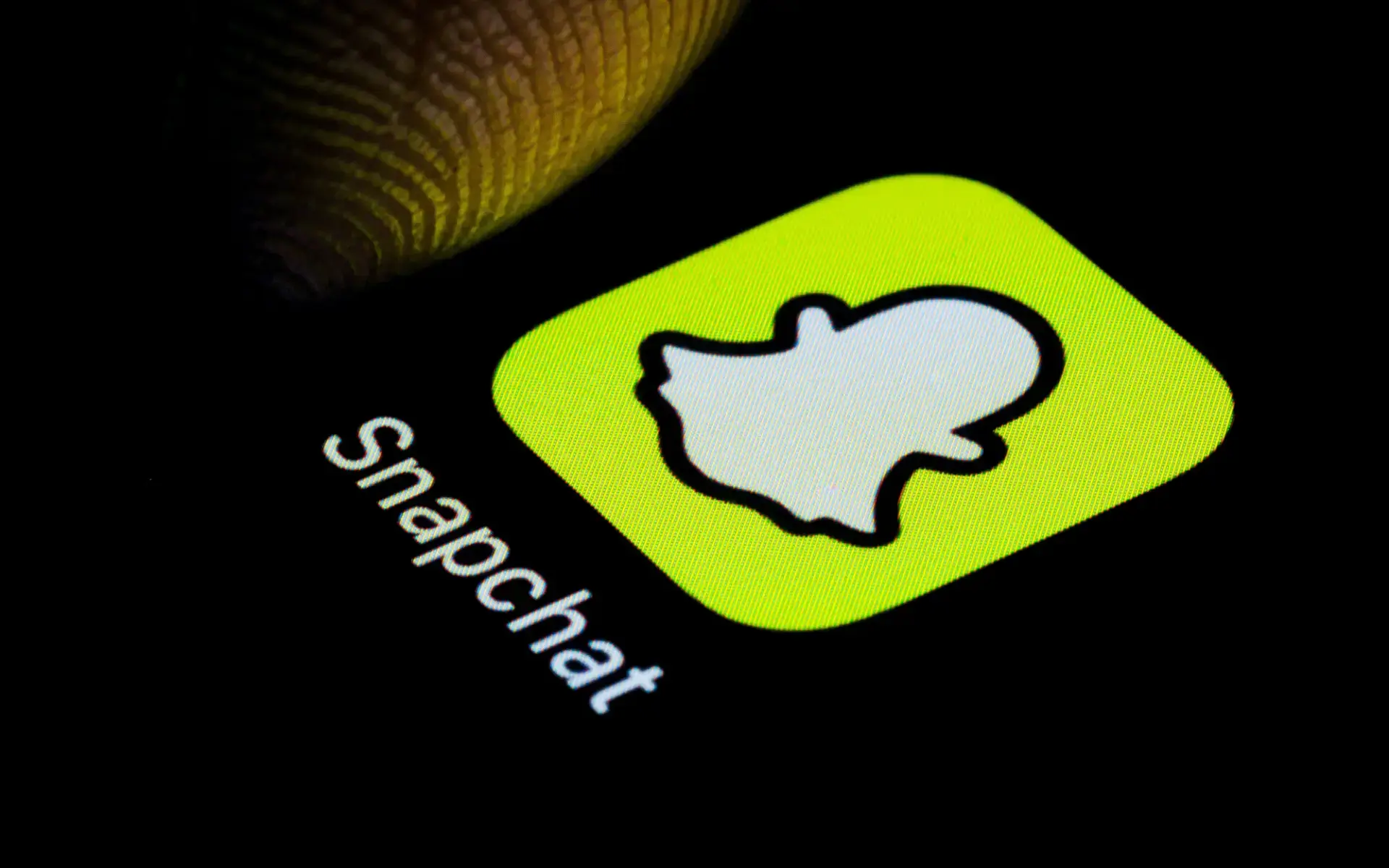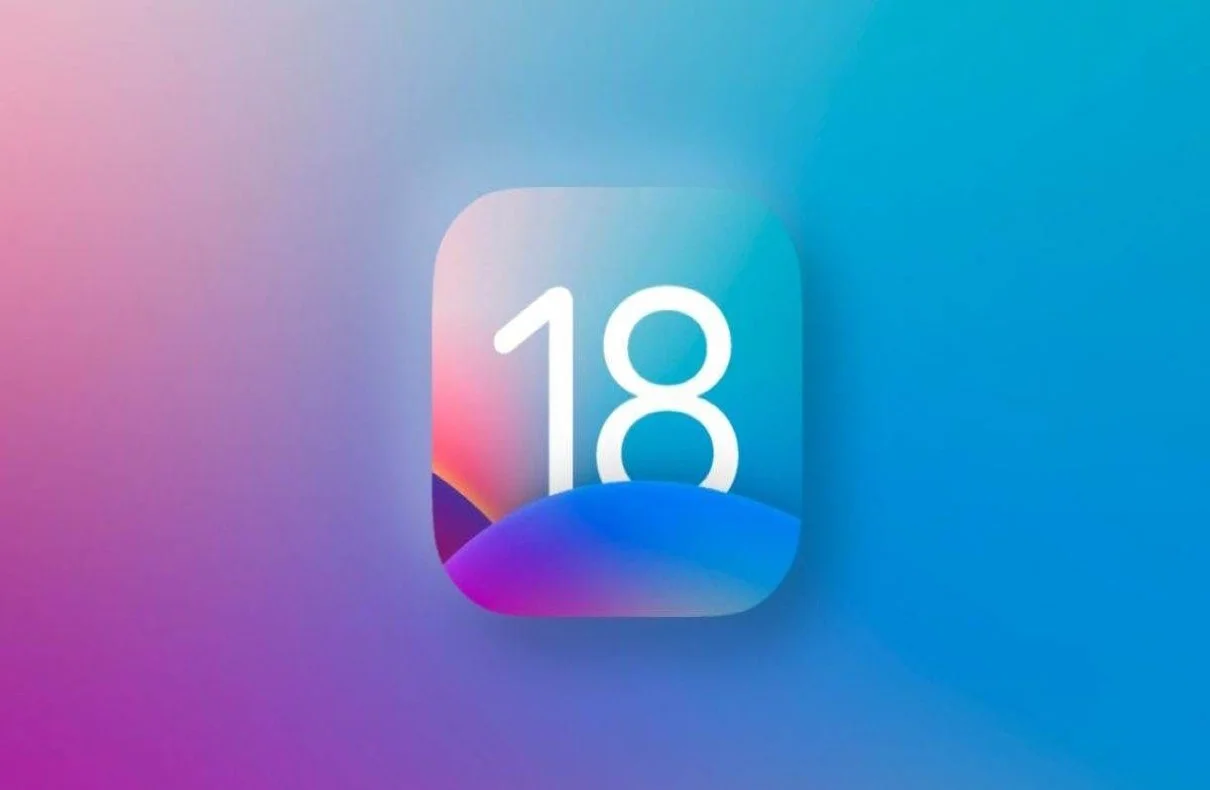Snapchat, the renowned social media platform, has recently taken a step back on its contentious friend-ranking feature known as the “Solar System,” which had been under scrutiny for negatively impacting relationships among its users.
In an effort to address growing concerns about the impact of this feature on its largely teenage user base, Snapchat decided to demote the default setting that automatically activated the Solar System function, part of its Snapchat+ subscription service.
This particular functionality ranked users’ friends based on their communication frequency, assigning one of the nine planets as a symbol – an interesting yet problematic analogy to their distance from the user, akin to the planets’ distance from the sun.
The social media giant acknowledged the dual nature of this feature, stating, “While it can create a sense of closeness knowing you are near someone, it can also create discomfort knowing that you aren’t as close to a friend as you’d like.”
When the feature was initially launched in 2022, Snapchat+ subscribers were automatically enrolled. The company has now decided that users who wish to use the feature must enable it manually.
Snapchat hopes that this change will strike a balance between accommodating users who enjoy the feature and not upsetting those who prefer not to use it.
The company also plans to further evaluate the feature to see if additional improvements can be made to better serve the community.
The Solar System feature had sparked quite a bit of controversy among Snapchat’s users, with more than 20 million teens using the app in the U.S. alone. For instance, a tag of “Mercury” was given to a user’s closest friend, while a “Uranus” tag implied a distant relationship.
This ranking system, however, led to significant tension and misunderstanding among friends, with several users reporting that friendships have ended and romantic relationships have been strained due to the Solar System rankings.
A noteworthy example of the potential harm this feature could cause is the case of Callie Schietinger, a 15-year-old Snapchat+ subscriber from Yorktown, NY.
She explained how her relationship with her boyfriend deteriorated after he discovered that he was a Neptune in her Solar System, indicating a distant relationship, while another male friend occupied the Mercury position, signifying a close friendship.
This incident reveals how the Solar System feature could potentially blur the lines between virtual relationships on Snapchat and real-life relationships, leading to unnecessary conflicts and misunderstandings, Schietinger told the Wall Street Journal.
It’s important to note that Snapchat is among several social media platforms that have come under fire for allegedly exacerbating mental health problems among teenagers.
There have been numerous lawsuits filed against these platforms, including Snapchat, TikTok, Meta Platforms Inc., and Google, with allegations that they are designed to be addictive and potentially harmful to teenagers’ mental well-being.
Going forward, Snapchat will need to thoroughly evaluate the potential consequences of its features, particularly those like the Solar System ranking that can have harmful impacts on users’ relationships and mental health.
The company’s decision to roll back the automatic enrollment of this feature is a step in the right direction, but it also serves as a stark reminder of the responsibilities that social media platforms bear in ensuring the well-being of their users.




